
We began our journey by reviewing public health data and dialoging with community stakeholders to identify our region's greatest barriers to health, which are:
(Please click here to review our region's full Community Health Needs Assessment report. This assessment was completed in partnership with local public health and healthcare partners and is updated every three years.)
A huge share of healthcare resources is used to treat already-established disease. In contrast, GWCHF is focused on the "upstream" determinants of health. We are concentrating on the root causes of disease, addressing health risks at an early stage when prevention, early intervention and health promotion have the biggest benefits.
Priority investment areas include:





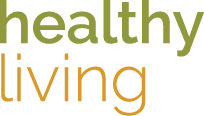
Today's fast-paced environment can make it hard to live a healthy lifestyle. Our roads are built for the automobile and too often discourage walking and biking. Our most accessible and affordable foods are often processed and loaded with sugar. Our shift to a digital world has eliminated natural down-time and rejuvenation. All too often the "easiest" choice-the most convenient choice-is an unhealthy choice.
How do these factors influence our health? In Wisconsin, chronic diseases are the leading cause of death and disability, depriving individuals of both years and quality of life. Chronic disease can affect all aspects of life including physical and mental health, family, social life, finances and employment.
The good news? A remarkable 80% of chronic disease can be prevented with a healthy lifestyle. Efforts to promote physical activity, good nutrition, emotional wellbeing and community connectedness will play an important role in improving health and wellness in the greater Watertown region.
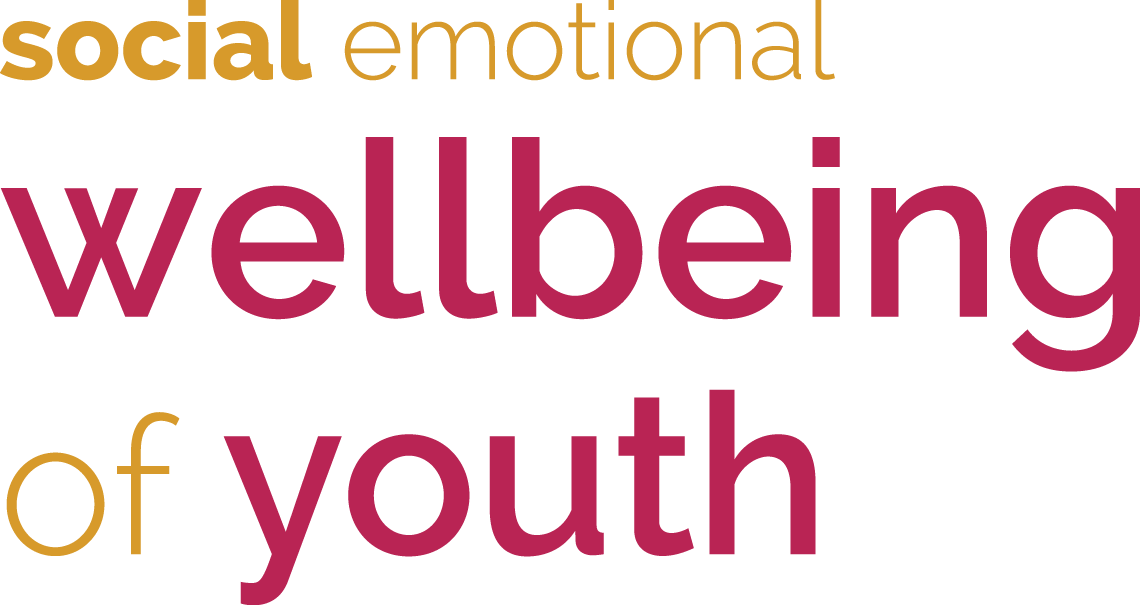
Social and Emotional Learning (SEL) focuses on the core "life skills" needed for success in health, learning and life. Formally defined, SEL is "the process through which children and adults acquire and effectively apply the knowledge, attitudes and skills necessary to manage their emotions, set and achieve positive goals, feel and show empathy for others, establish and maintain positive relationships, and make responsible decisions".
From early childhood through high school, there is strong scientific evidence that SEL programs improve children's wellbeing, behavior and academic outcomes. SEL programs help students learn academic content and apply knowledge, resulting in an 11% gain in grades and test scores.
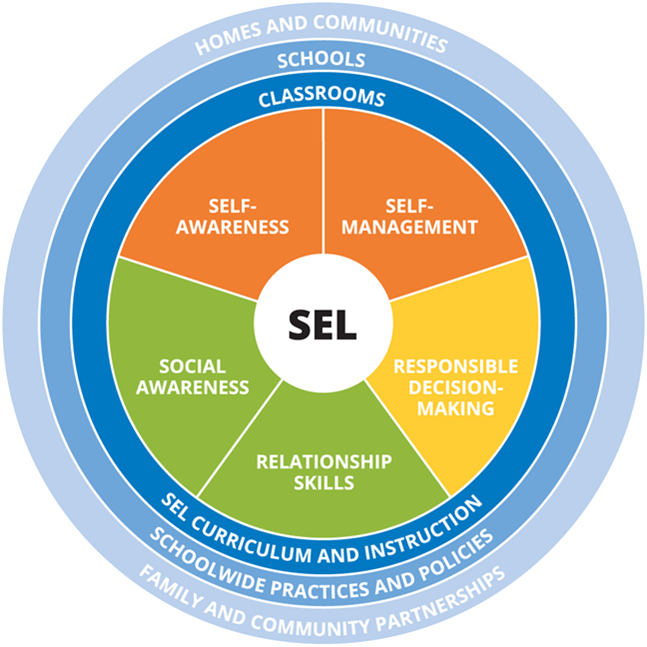
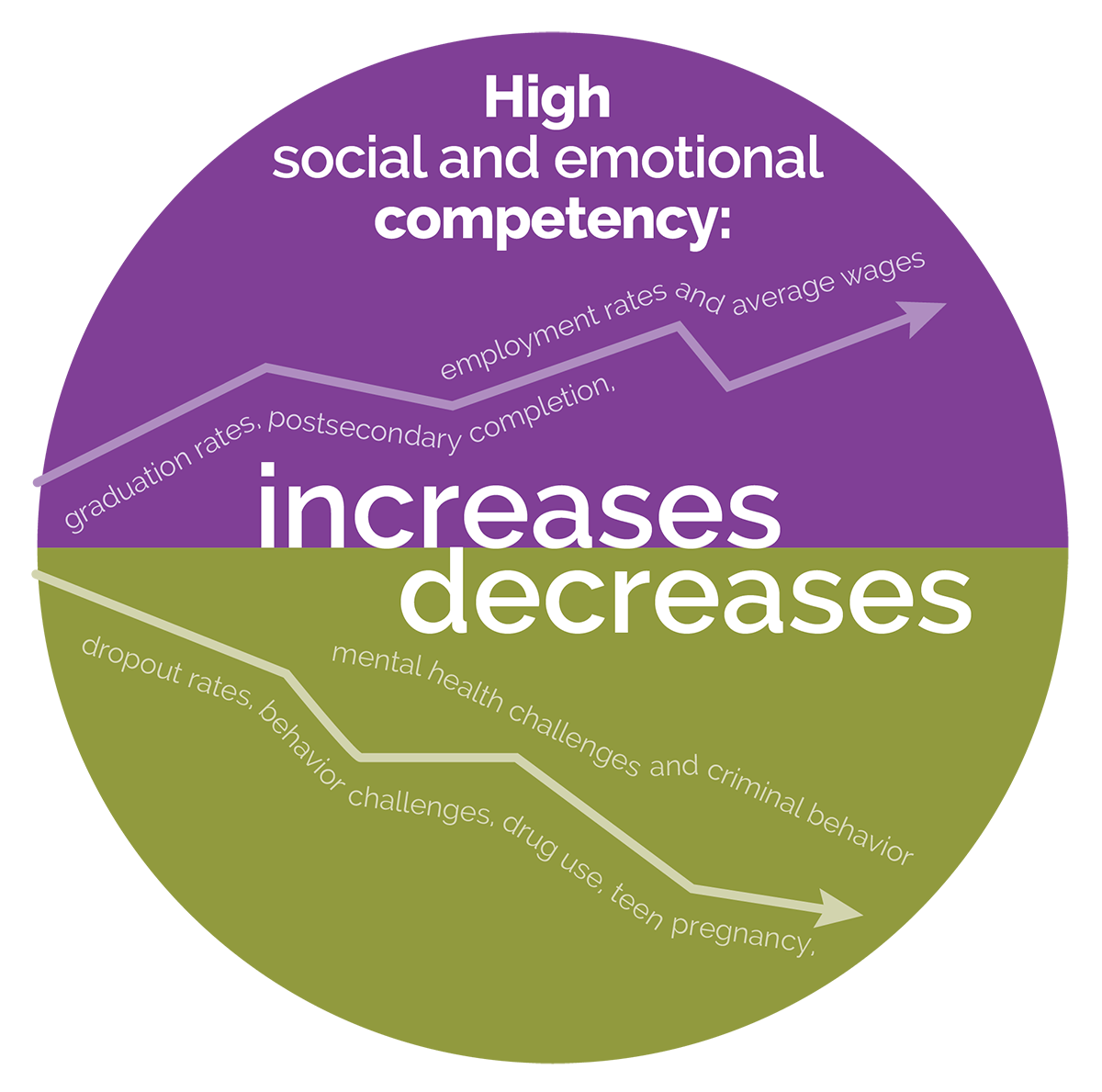
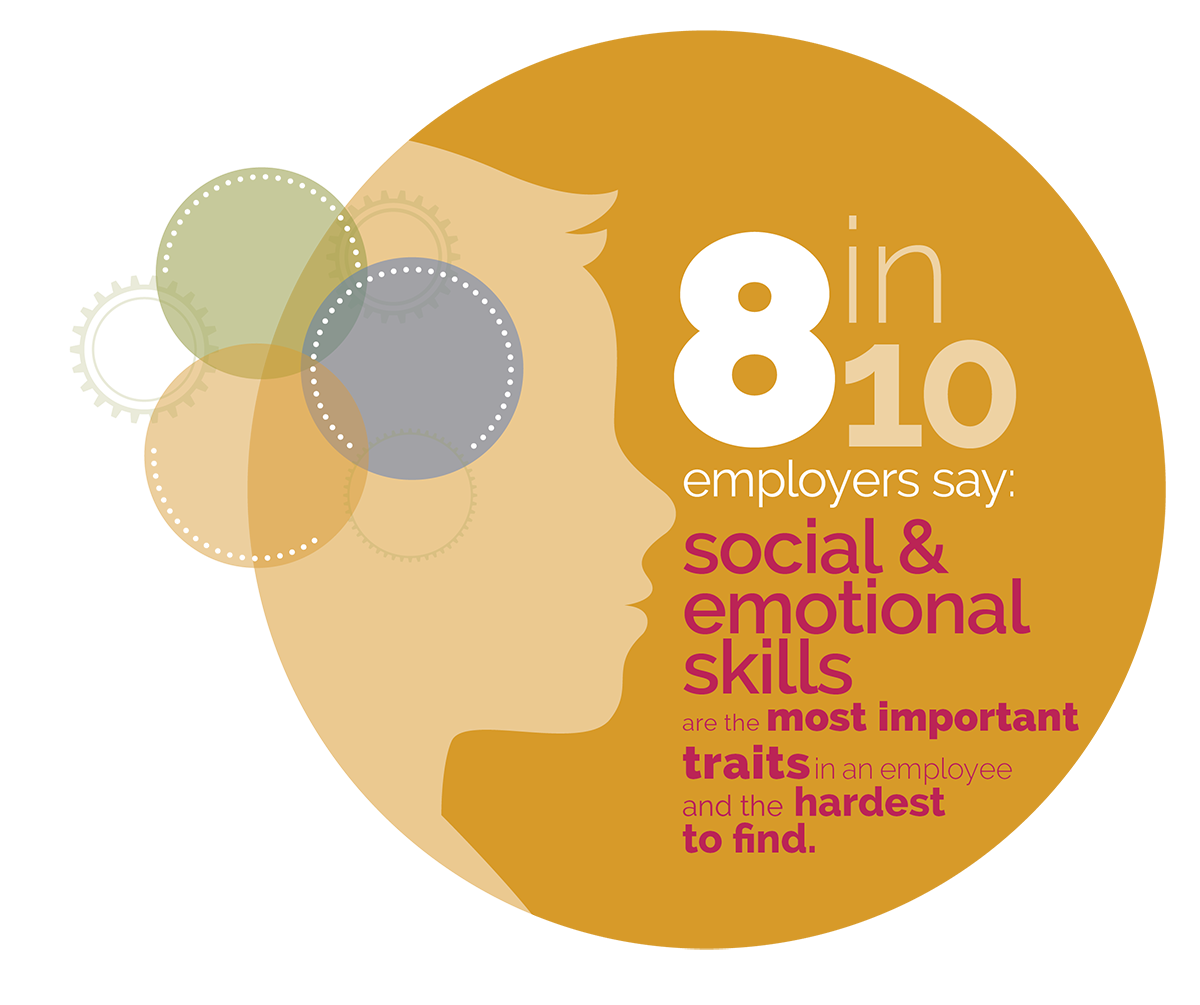
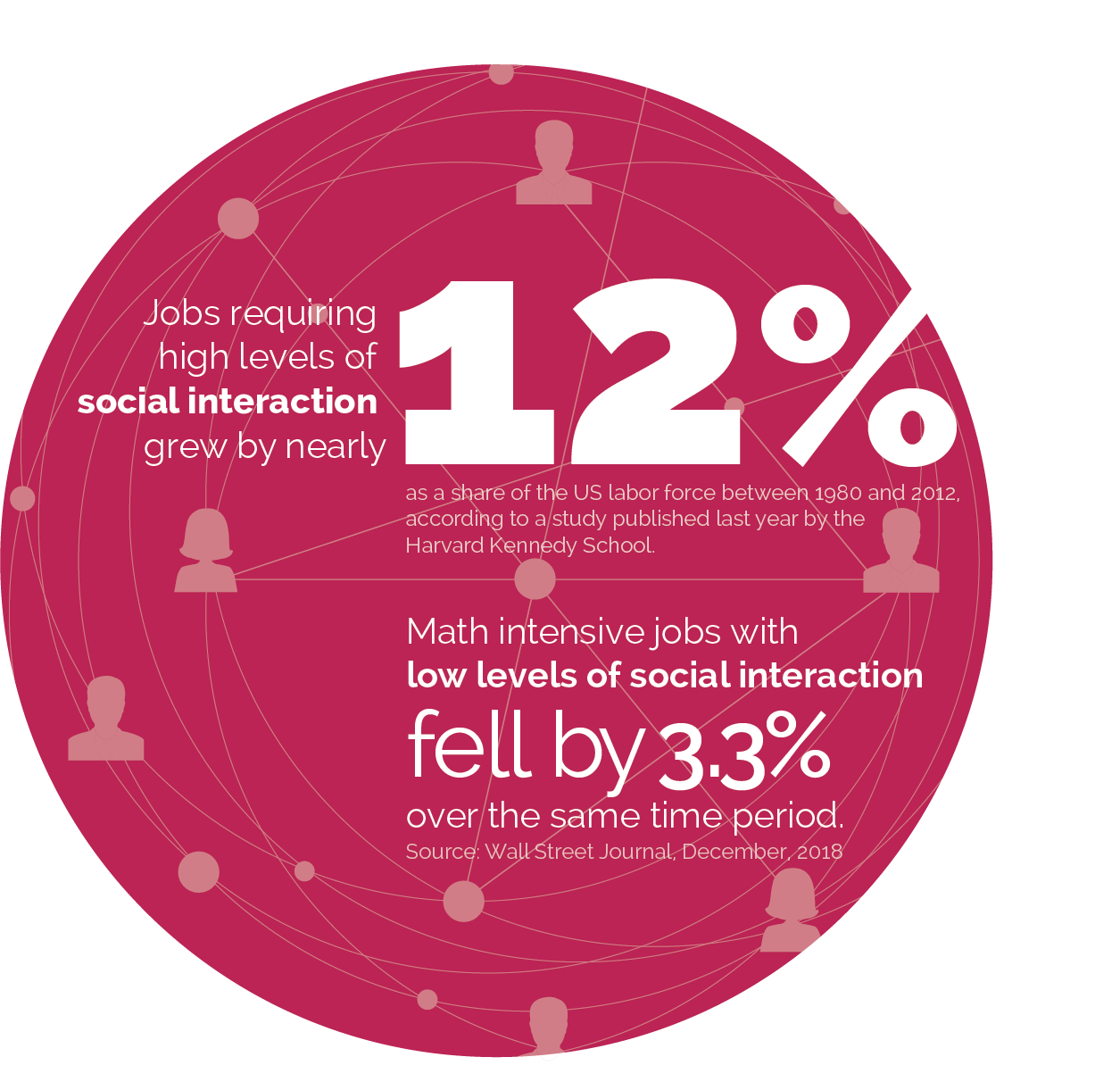
Every Child Thrives (ECT) is a collective impact effort uniting community partners in Wisconsin's Dodge and Jefferson Counties. It is centered on the shared purpose of ensuring all children thrive in health, learning and life. Launched in 2017, ECT uses data to drive decisions and align resources to support what works.